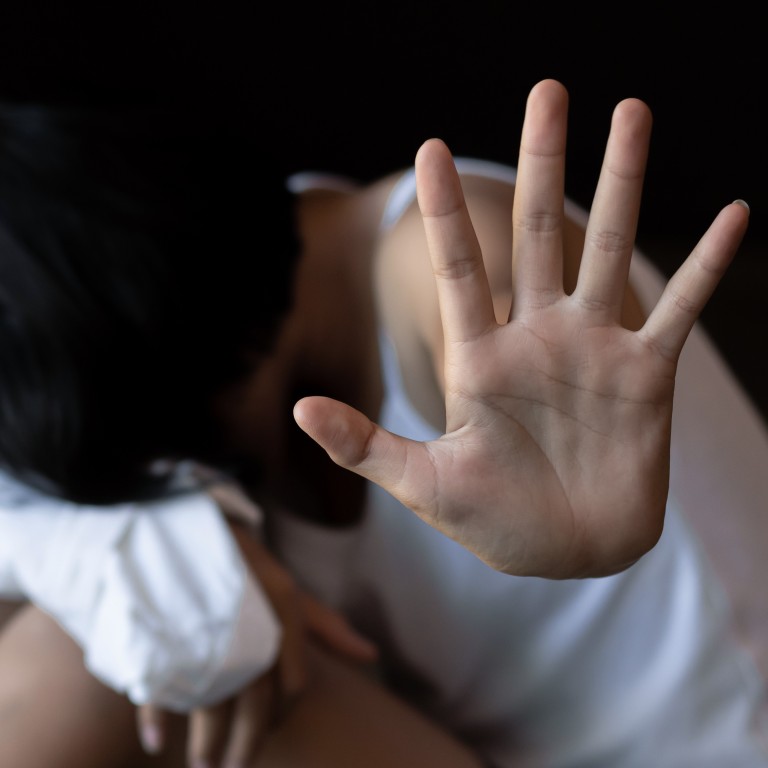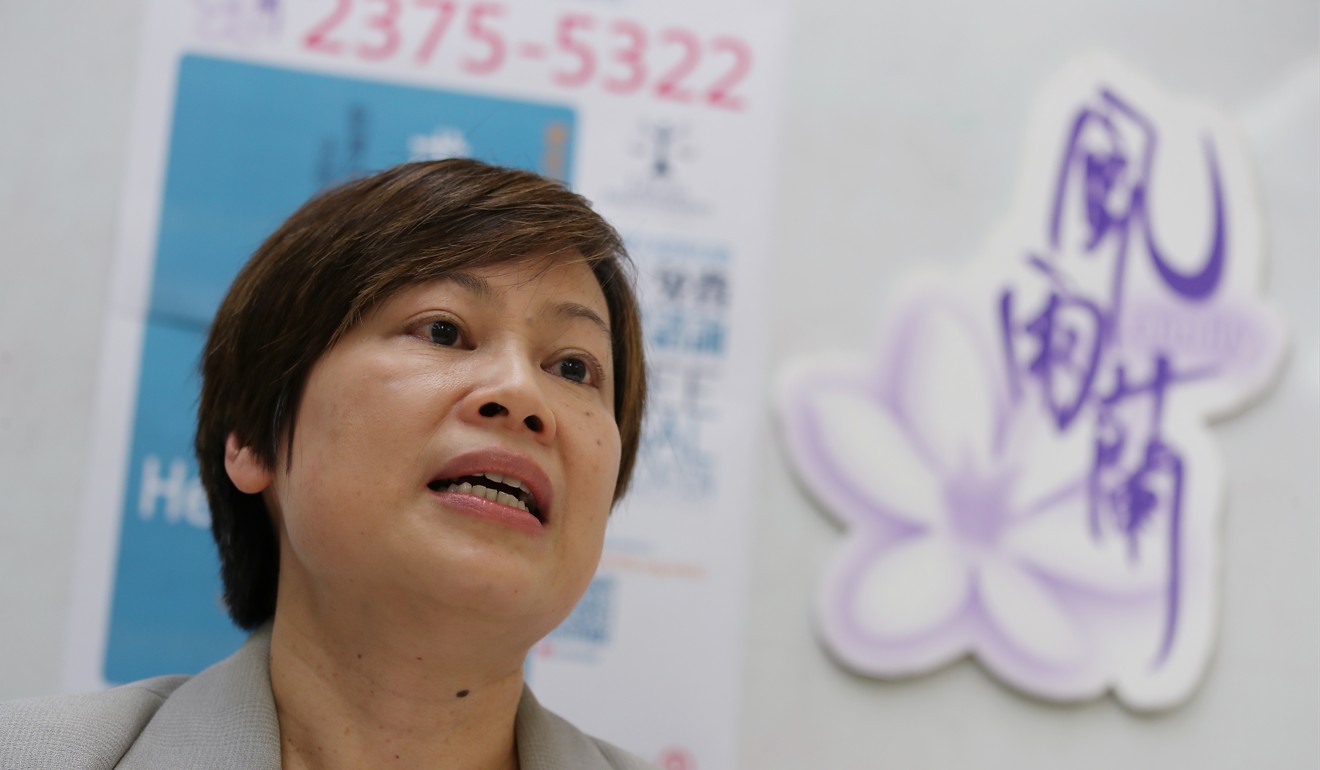
Concern group says women face common threat of nude photos taken without their consent
- Majority of respondents to questionnaire say they had no idea they were being photographed or filmed
- Victim have little success in seeing their perpetrators prosecuted due to lack of laws
An overwhelming majority of people responding to a questionnaire about image-based sexual violence said they had been photographed or videotaped nude or in a sexually revealing way without their consent, a concern group said on Saturday.
Some 73 per cent of participants reported being victims of such abuse, while more than half said the perpetrator was someone they knew, according to the Association Concerning Sexual Violence Against Women, which released its findings a day ahead of International Women’s Day. Winning justice through the courts was difficult due to a lack of specific laws allowing for prosecution, the group said.
Between last May and January, the concern group received 206 responses to a multiple-choice questionnaire posted online that listed different types of image-based abuse, with 90 per cent of the participants being female. Respondents ranged in age from 11 to 54.
Hong Kong woman ‘helped trap and arrest her own attacker’
Some 73 per cent of respondents said they had been photographed or taped nude or in a sexually revealing way, including falling victim to upskirting while in a public space or being recorded during a sex act.

“Image-based sexual violence is becoming more and more serious,” said Linda Wong Sau-yung, executive director of the association. “Of the sexual violence cases we received at [rape-crisis centre] RainLily in 2019, every one in seven cases was related to image-based sexual violence.”
Other forms of the abuse included distributing intimate images without the subject’s consent and creating fake pornography depicting the victim.
The association also carried out in-depth interviews with 11 victims. One interviewee, identified only as “F”, said her life was all but destroyed after she learned a recording had been made of her in a sex act. The perpetrator used the clip to extort her and is believed to have shared it with others.
Enact upskirting law to plug loophole, says Law Reform Commission
“I would definitely not agree to have my sexual activities recorded, let alone being shared,” the victim was heard saying in an audio clip played at the press conference. “It was like being raped in public ... The panic and damage I experience are endless.”
Through tears, the woman described suffering from post-traumatic stress disorder and thoughts of committing suicide.
She had repeatedly checked online forums or pornography websites to see whether the clip had been posted but had not found it.
“The pressure and torment I have undergone are not things ordinary people can understand”
“The pressure and torment I have undergone are not things ordinary people can understand.”
The association said 60 per cent of victims avoided seeking help or sharing their experience with others mainly because they were afraid of making the situation worse or feared they would be blamed.
Of the respondents, 51 said they had gone to the police for help, but 35 were told a case could not be opened, mainly due to insufficient evidence or because no specific crime had been committed. Only four saw the perpetrator successfully prosecuted.
The association said it hoped the government and the Hong Kong Law Reform Commission could launch a review of how overseas jurisdictions combated the problem and introduce penalties targeting image-based sexual violence.
